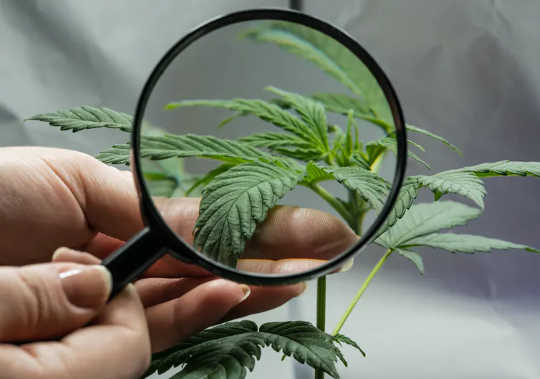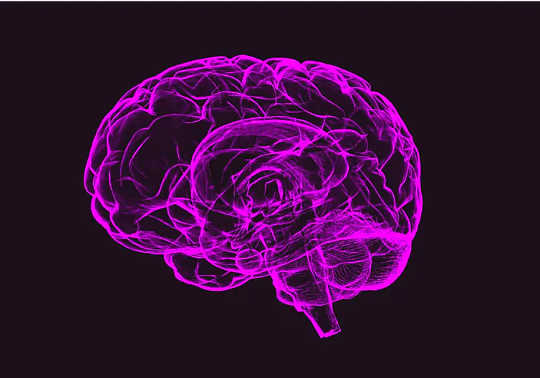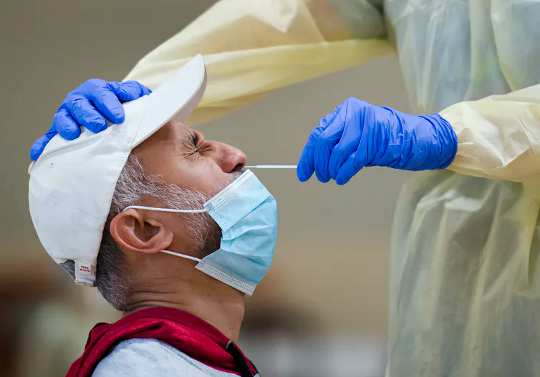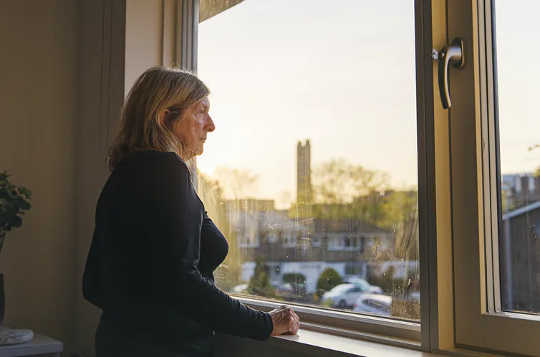- By Louise Hay

The ways in which we currently age have been programmed into us, and we have accepted this idea as a reality. We believe that we all will get old, sick, senile, frail, and die -- in that order. This does not have to be the truth for us any longer.

The cannabis industry is one of the fastest-growing job markets in the United States. In one year, cannabis retailers netted the state of Massachusetts US$393 million in gross sales. Two years after launching a legal cannabis market, California has surpassed US$1 billion in tax revenue.
- By Vincent Ho

Media reports earlier this week described a Queensland nurse with stomach pains who went on to test positive for COVID-19.

Older people without cognitive problems who experience a fall may have undetected neurodegeneration in their brains that puts them at high risk of developing Alzheimer’s dementia, according to a study.

Weight lifting, also known as resistance training, has been practised for centuries as a way of building muscular strength.

The dramatic rise in working from home due to coronavirus looks likely to become a permanent feature for many organisations, at least for part of the week.

Despite being at opposite ends of the Earth, Iceland and New Zealand have many similarities. Both are small island nations, heavily reliant on tourism and currently led by young female prime ministers.

People infected with SARS-CoV-2, the virus that causes COVID-19, can spread the virus when they speak, sing, cough, sneeze or even just breathe.

Amid the COVID-19 pandemic, it’s easy to forget one of the largest health challenges we face remains the global obesity epidemic.
- By Dan Gordon

The menstrual cycle, the pill and their potential impact on sporting performance have long been considered a taboo subject.

A review of the research found drinking a few cups of coffee a day was associated with a lower risk of dying from any cause.

Scientists have been warning for months that the coronavirus could be spread by aerosols – tiny respiratory droplets that people emit when they talk or sneeze and that can linger in the air.

Every seven seconds, someone in the world is diagnosed with dementia. A typical case that I often see in my practice is as follows: A 76-year-old woman has a two-year history of progressive worsening of short-term memory and cognitive decline.
- By Ian Hamilton

Musicians and artists have long used cannabis to enhance their creativity. But how does the drug affect more conventional nine-to-five jobs? With cannabis now legal in more places...

Flu season is just around the corner, and the United States still hasn’t contained the coronavirus. That sets up an unsettling challenge this fall
- By Rob Noonan

We’re healthier and live longer than our ancestors, yet we’re constantly reminded of deaths caused by war, terrorism and natural disasters.

During the COVID-19 pandemic, words and phrases that have typically been limited to epidemiologists and public health professionals have entered the public sphere.

The connection between the pandemic and our dietary habits is undeniable. The stress of isolation coupled with a struggling economy has caused many of us to seek comfort with our old friends:

Wildfires have burned millions of acres in the western United States this year. Tens of thousands have been evacuated and thousands of buildings and other structures destroyed.

Most physicians mistakenly believe that nicotine leads to cancer and heart and respiratory diseases, according to a new national survey.

Physical pain is unpleasant, yet it’s vital for survival because it’s a warning that your body is in danger. It tells you to take your hand off a hot burner or to see a doctor about discomfort in your chest.

Since the pandemic struck, most people have been spending the majority of their time in the house. Those working from home have become ever more reliant on electricity for running office essentials, including computers, printers, phones and broadband.

There are many more ingredients in every pill you take than what is listed on the bottle label.
















